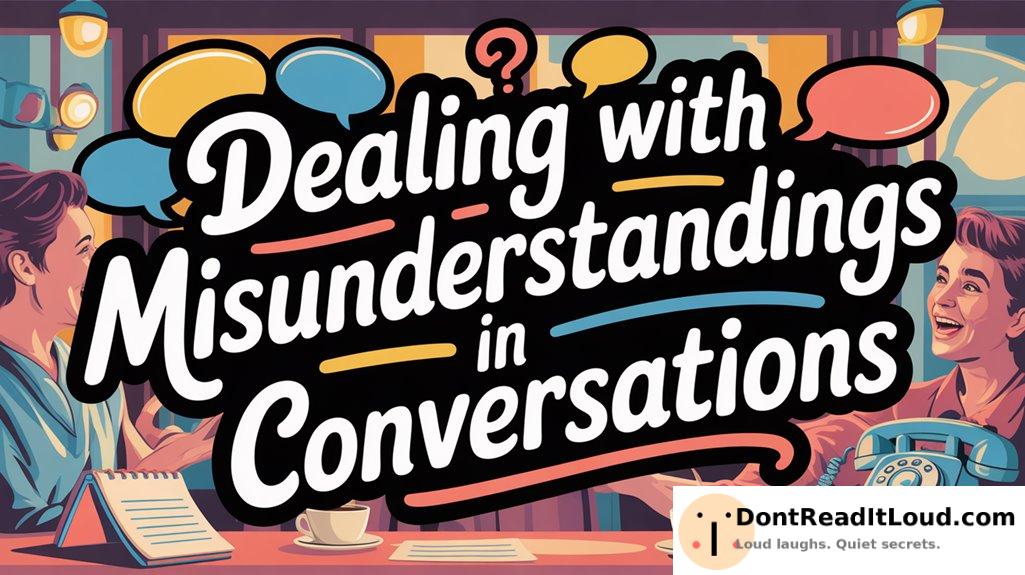
To handle misunderstandings in conversations, don’t assume you know what others are thinking. Practice active listening by giving your full attention and observing body language. Ask clarifying questions if something is unclear. Stay focused and approach the conversation with curiosity to better understand the speaker’s intent. These habits help prevent assumptions and build stronger relationships. There are many more ways to improve your communication skills.
Why do misunderstandings pop up so often in our daily conversations? Many of us think we can read minds or catch hidden signals from others. Sadly, telepathy isn’t something you can master over a weekend, so we’re left guessing and often get it wrong. If you’ve ever left a chat wondering if you were even on the same page, you’re definitely not alone. Misunderstandings are common, but there’s a powerful tool to help: active listening.
Picture yourself as a detective on a case. Your aim is to truly understand the other person, as if there’s a reward for getting it right. Active listening means focusing on what’s being said, noticing body language, and paying attention to pauses that might reveal more than words. It’s about giving your full attention—ears, eyes, and even some heart.
Next time you’re talking with someone, put away distractions, lean forward, and get curious like Sherlock Holmes. You’ll find it much more useful than pretending to follow the conversation while your mind drifts elsewhere.
Let’s not forget clarifying questions, which are your secret weapon in any conversation. These questions help you find your way when things get confusing. When someone says something unclear, don’t just nod along. Ask, “Did you mean ‘let’s grab dinner’ or ‘let’s rob a diner’?” Clarifying questions can save relationships, avoid misunderstandings, and sometimes even keep you out of trouble.
Think of them as your personal GPS for conversations, guiding you back when you get lost.
Misunderstandings thrive when we rush, assume, or skip checking what the other person really means. But you can choose a different path. With active listening and clarifying questions, you can steer conversations toward understanding instead of confusion. Who knows? You might inspire others to do the same.
Using these simple tools in your everyday interactions can make you a stronger communicator. You might even become the person everyone trusts to keep conversations clear and friendly.
Conclusion
When facing misunderstandings, patience and empathy can help you find common ground. Listen closely and address confusion as soon as it arises. Speak clearly, and stay receptive to different viewpoints. If something isn’t clear, ask thoughtful questions and be open to changing your perspective. Open communication can transform disagreements into stronger relationships and better understanding. Use these approaches to handle conversations with confidence and ease.



